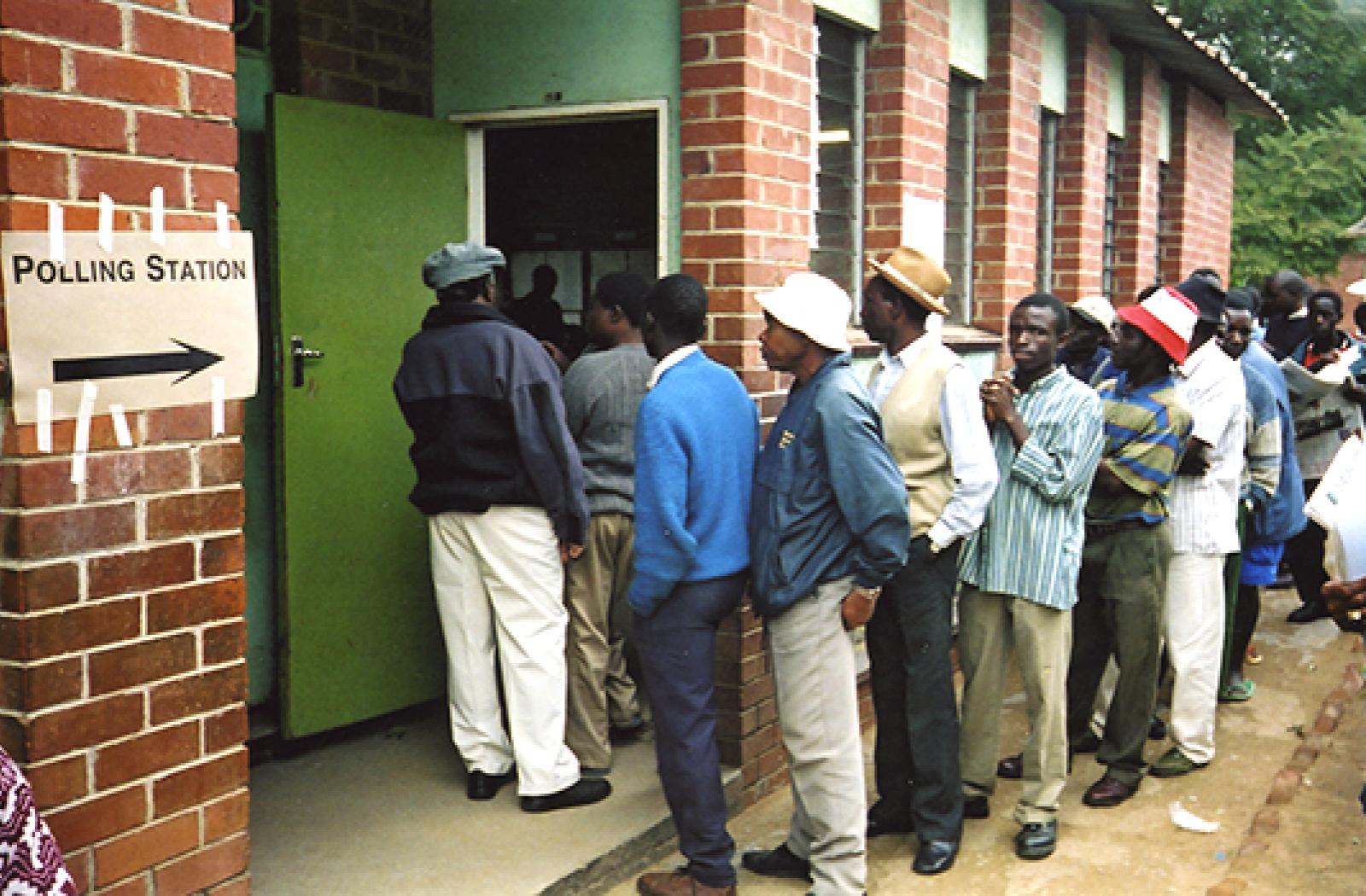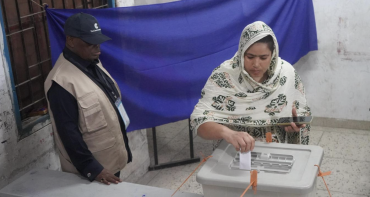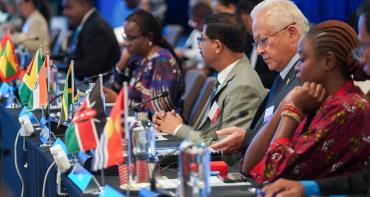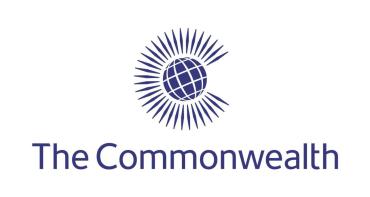John Dramani Mahama, former president of Ghana, will lead a Commonwealth group to observe Zimbabwe’s general elections on 30 July. Zimbabwe is not a member of the Commonwealth. It withdrew from the organisation in 2003 after it was suspended for being in breach of the Harare Declaration, which sets out the Commonwealth’s core principles and values.

John Dramani Mahama, former president of Ghana, will lead a Commonwealth group to observe Zimbabwe’s general elections on 30 July.
Zimbabwe is not a member of the Commonwealth. It withdrew from the organisation in 2003 after it was suspended for being in breach of the Harare Declaration, which sets out the Commonwealth’s core principles and values.
In May of this year, President Emmerson Mnangagwa wrote to the Commonwealth’s Secretary-General, Patricia Scotland, expressing an interest in re-joining the association, and requesting the Commonwealth to observe its forthcoming elections.
The observation group’s report on the election will contribute to the Commonwealth Secretary-General’s informal assessment of whether Zimbabwe should be readmitted.
“I am extremely pleased to be deploying a group to observe the elections,” stated the Secretary-General. “Its report on the electoral process will give member countries a clear view of adherence to Commonwealth values in Zimbabwe, including democracy and rule of law plus protection of human rights such as freedom of expression. Our heads of government have said twice, in 2009 and 2011, that they look forward to Zimbabwe’s return. I very much hope that the forthcoming election proves that the conditions are right.”
Following the visit of a pre-election assessment team to the country in June, the Secretary-General has constituted a 24-member team of observers, led by Mr Mahama, the former president of Ghana. He has previously led the Commonwealth teams observing elections in Sierra Leone and Kenya.
There are 23 presidential candidates in all. In accordance with Zimbabwe’s constitution, if no presidential candidate receives a clear majority in the election on 30 July, a run-off vote will be held on 8 September.
The 270-seat House of Assembly is composed of 210 members elected from constituencies and 60 women elected by proportional representation.
Commonwealth observers will assess factors affecting the credibility of the electoral process as a whole. They will consider the pre-electoral environment, the voting process, counting and tabulation procedures and the announcement of results.
The group is independent and will determine in its own judgement whether the elections have been conducted according to the standards of Zimbabwe’s election-related legislation as well as relevant regional, Commonwealth and international commitments.
Observers will act impartially and will adhere to the standards of the International Declaration of Principles for Election Observation, to which the Commonwealth is a signatory.
The Group will submit its report to the Commonwealth Secretary-General, who will send it to the Government of Zimbabwe, its Electoral Commission, political parties and all Commonwealth governments. The report will then be made public.
The Commonwealth Observer Group will arrive in Zimbabwe on 23 July 2018, and will be supported by a nine-member staff team from the Commonwealth Secretariat, led by Katalaina Sapolu, Director of the Governance and Peace Directorate.
More about the Zimbabwe Elections 2018
The Commonwealth Observer Group members are:
- HE John Dramani Mahama, Former President of Ghana, (Chairperson)
- Mr Gary Dunn, Former Deputy Secretary-General, Commonwealth Secretariat, Australia
- Mr Darrel Bradley, Former Mayor of Belize City, Member of Commonwealth Local Government Forum (CLGF) Board, Belize
- Rev Mpho MW Moruakgomo, President, Association of Local Authorities and Chairperson of Commonwealth Local Government Forum (CLGF) Board, Botswana
- Dr Fonkam Azu’u, Former Chairman, Electoral Board, Cameroon
- Ms Sabrina Grover, Strategic Partnerships Advisor, Young Diplomats of Canada, Canada
- Prof John Packer, Conflict Resolution Expert, Canada
- Prof Kwadwo Afari-Gyan, Former Chairman, Electoral Commission, Ghana
- Mr Jayanta Roy Chowdhury, Journalist and Senior Editor, India
- Judge Margarette May Macaulay, Former Judge, Inter-American Court of Human Rights, Jamaica
- Justice Willy Munyoki Mutunga, Retired Chief Justice, Kenya
- Advocate Mary-Ann Ooi Suan Kim, Barrister, Advocate & Solicitor, Malaysia
- Dr Francis Agius, Former Minister and Former Head of, Parliamentary Delegation to the Council of Europe, Malta
- Mr Tim Barnett, Former Member of Parliament, New Zealand
- Ms Andie Fong Toy, Former Deputy Secretary-General (Political), Pacific Islands Forum Secretariat, New Zealand
- Ms Clare A Keizer, Editor-In-Chief of Searchlight newspaper, St Vincent and The Grenadines
- Ms Marcella Sesay Samba, Chairperson, National Elections Watch, Sierra Leone
- Ms Janet Love, Commissioner, Electoral Commission, South Africa
- Mr Nikoli Edwards, Former Vice Chairperson Policy, Advocacy and Projects, Commonwealth Youth Council, Trinidad and Tobago
- Prof Sylvia Tamale, Gender Expert, Uganda
- Lord Robert Hayward OBE, Member of the House of Lords, United Kingdom
- The Rt Hon Baroness Margaret Jay, Member of the House of Lords, United Kingdom
- Judge David Radford, Retired Senior Circuit Judge, United Kingdom



